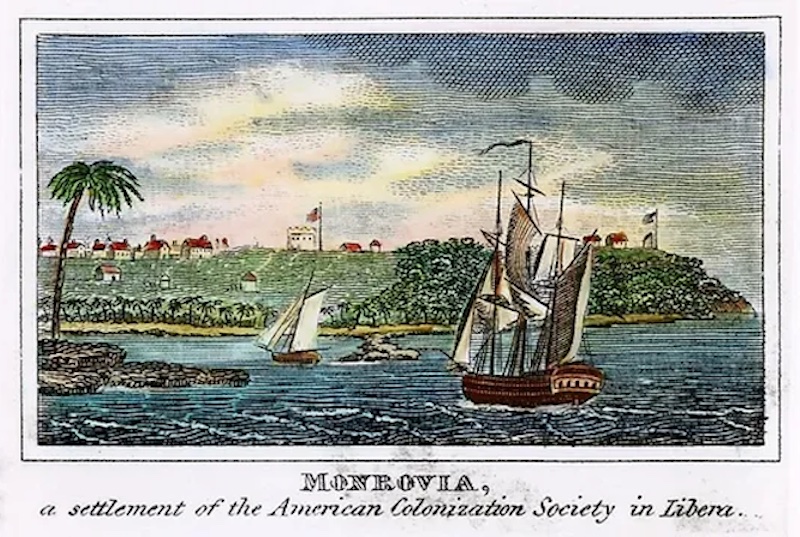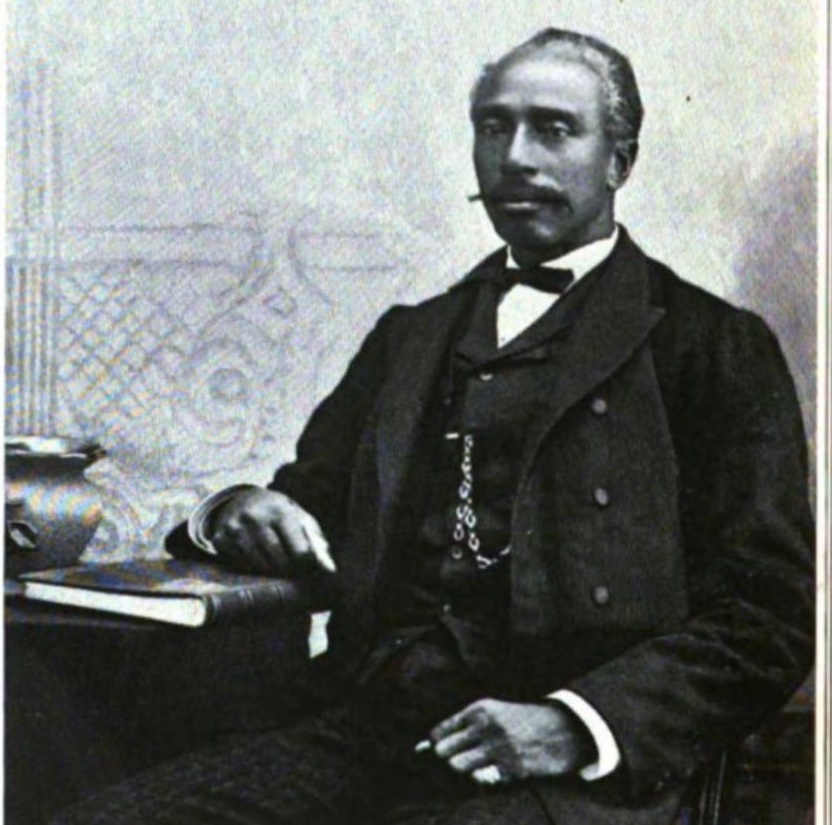
 LEXINGTON, Ky. (WKYT) – The African country of Liberia is celebrating its 200th anniversary this year and people from Kentucky played a major role in its founding.
LEXINGTON, Ky. (WKYT) – The African country of Liberia is celebrating its 200th anniversary this year and people from Kentucky played a major role in its founding.
In the early 1800s, freed slaves from Fayette County were repatriated back to Africa and one of those ex-slaves would become president of the new nation.
Our story begins at Ashland, the Henry Clay Estate. In 1816, prominent Kentucky politician Henry Clay and other influential Americans formed the American Colonization Society, an organization to repatriate freed slaves back to the west coast of Africa.
“The enslaved were never asked particularly is this something you want to do?” said Eric Brooks, curator of Ashland Henry Clay Estate.
About 100 of those first settlers were from Kentucky.
“I think it’s an incredibly important connection, one that, perhaps, in some ways, has been forgotten or lost over the years one that most Fayette Countians are not aware of,” said Brooks.
Those freed slaves formed a territory called Kentucky in Africa.
“They established a capital, Clay Ashland which is named for Henry Clay and his estate Ashland,” said Brooks.
This is the beginning of a new nation called Liberia. There’s a map of Liberia inside the Mansion showing Clay’s influence on the new nation.
“There is a very important and very real connection there that people need to understand,” said Brooks.
Alfred Russell was one of those new settlers and he was born in Fayette County. According to First Lady Mary Todd Lincoln’s biography, she and Russell were related.
There’s a marker on Second and Jefferson Street noting how the man, who was once enslaved on a Fayette County plantation, became the 10th president of Liberia.
The story gets better.
“Two presidents of a country came from this county,” Brooks said.
Not one, but two ex-slaves from Fayette County became president of Liberia. The 13th president, Willam D. Coleman.
“I think it would be interesting to know If there are people, say in Fayette County or in Kentucky, who are related to those presidents,” Brooks said.
Well, we found one. Lexington resident Jim Coleman says, after doing extensive research, he’s a descendent of President William D. Coleman.
“All of the sudden, he got into politics. He was a leader,” said Jim Coleman. “That’s why I feel like I know him. But I was blown away and just amazed that we are connected somehow.”
Jim Coleman connected with his Liberian relatives on a trip to the Liberian Embassy in Washington D.C.
The town of Clay-Ashland is still there. The name Kentucky in Africa is not. However, those Kentucky roots still run deep.
Liberians still singing songs from their Kentucky ancestors.
“Singing ‘Take me back to my old Kentucky home, take me back to my old Kentucky home,” said Jemima Roberts who emigrated from Liberia to Kentucky.
Liberia is a third-world country. A civil war in the 1980′s forced Roberts to move to America. Her choice, Kentucky.
This story comes full circle. Ironically, she lives in a Lexington high-rise apartment across the street where President Russell was enslaved.
We met Roberts at a book signing at Joseph-Beth. Her story is part of the book titled Voices of African Immigrants in Kentucky.
“I did not know that Alfred F. Russell came from Kentucky, said Roberts.
Now, Roberts has some Kentucky roots to dig.
“I really want to follow the story because I want to let my nephew know where his roots are from,” said Roberts.
Whites and Blacks, thousands of miles away, still connected to this Old Kentucky Home.
“This is why we have to be careful with how we deal with one another, because you never know how closely you are connected to somebody,” Roberts said.
Jim Coleman plans to visit Clay Ashland Liberia next year. In 2024, Coleman will host a Liberian family reunion at his Lexington farm, Coleman Crest.
One more side note there is also a town in Liberia called Lexington.















